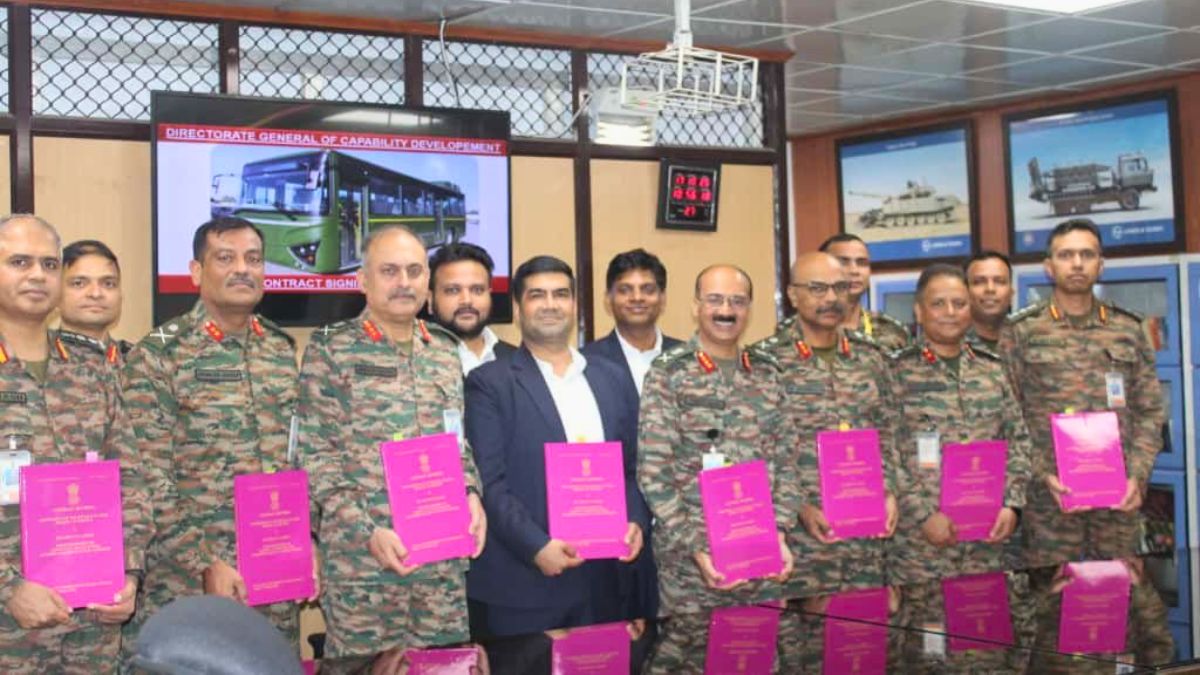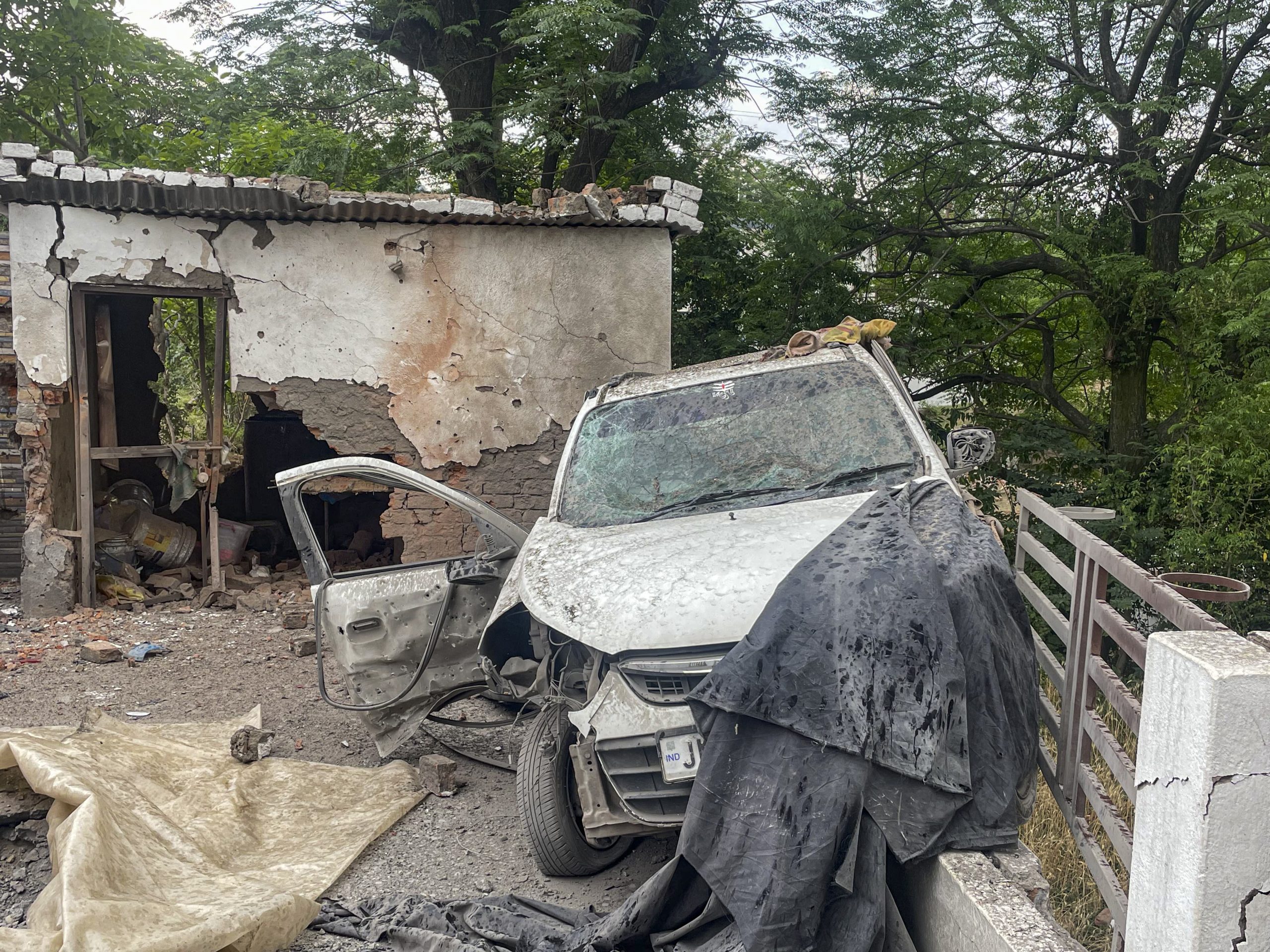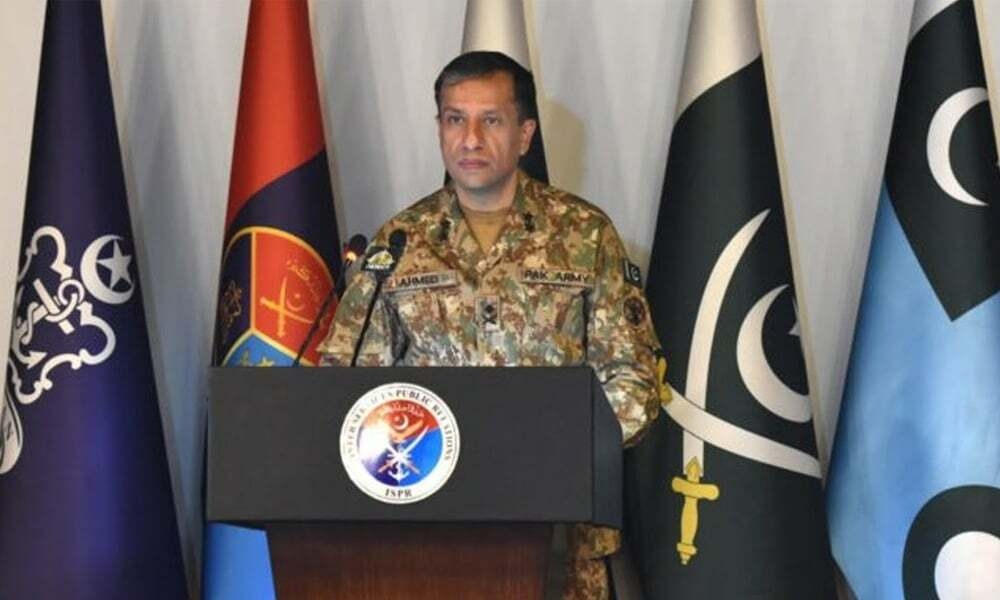113 Electric Buses, 43 Fast Chargers: Army’s Rs 130 Crore Push Toward Green Mobility In Line With PM E-Drive

The Indian Army not only takes steps towards its advancement in order to gear up for modern warfare, it also leads the way in other areas. In a similar decisive move toward sustainable defence logistics, the Army has signed a contract worth Rs 130.58 crore to induct 113 electric buses and 43 fast chargers.
Finalised on Friday (October 17, 2025), the Indian Army signed the agreement with JBM Auto, marking its first large-scale adoption of electric platforms. This is the Army’s maiden induction of electric buses, signalling a strategic shift toward modernising its transport fleet.
The initiative aligns closely with the government’s PM E-Drive programme, which encourages clean and sustainable mobility across sectors, including defence.
How does this support national climate goals?
Approved by Cabinet last year, ‘PM Electric Drive Revolution in Innovative Vehicle Enhancement (PM E-DRIVE)’ scheme was launched with a financial outlay of Rs 10,900 crore, and came into effect from October 1, 2024. It will remain in force until March 31, 2026.
PM E-Drive’s primary aim is to accelerate the adoption of electric vehicles (EVs), establish charging infrastructure, and build a robust EV manufacturing ecosystem in the country.
Officials underscored that the move will reduce dependence on fossil fuels and aid India’s commitments to achieving net-zero carbon emissions. By moving to electric mobility, the military aims to cut its operational carbon footprint and promote eco-conscious practices in defence infrastructure.
What procurement category does it fall under?
The purchase has been classified as Buy (Indian–IDDM) — Indigenously Designed, Developed, and Manufactured. This reflects the Army’s intent to boost indigenous defence production and aligns with the government’s Aatmanirbhar Bharat vision.
The fleet of buses and fast chargers will be deployed across all three services – Army, Navy, and Air Force. The rollout is expected to serve as a model for wider adoption of green technology across the defence ecosystem.
What does this mean for the future of military mobility?
Last year in February, the Army had inducted Electric Buses for troop movement within Delhi & NCR. On behalf of the Indian Army, Lt Gen MV Suchindra Kumar VCOAS was handed over the Electric Buses by VE Commercial Vehicle Ltd. Worth mentioning here is that the Army has been using electric cars since 2019.
With the latest procurement, the Indian Army has taken a significant step toward a transport fleet that is cleaner, self-reliant, and technologically advanced. The induction not only supports sustainability goals but also sets a precedent for future green initiatives within the armed forces.







